Return to Climbing Postpartum: How Physical Therapy can Help You Overcome Challenges with Confidence
Are you a new mom wondering how you are going to get back climbing on the wall? Maybe you have been a mom for over 5 years and are still asking the same question. Are you feeling apprehensive about the changes your body has undergone and unsure how to approach climbing again? Returning to climbing doesn’t have to be scary. Utilizing the principles of progressive overload can help you regain confidence and safely return to climbing after childbirth
During pregnancy the body changes. These changes stay even after the baby is born.
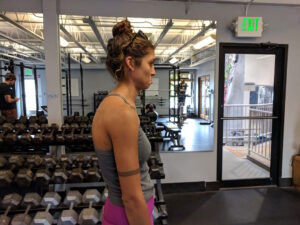
To allow for a growing baby your body starts to change during pregnancy. For example, your pelvis starts to tip forward and your rib cage starts to flare up and out to create more space for a growing baby. This leads to muscle imbalances like the hamstring, glute, and abdominal muscles lengthening. The lengthening of these muscles results in an altered length/tension relationship, decreasing its ability to produce strength and support. At the same time the low back and pelvic floor compensates for this new loss of strength by becoming overactive. Due to a growing baby, we also lose the ability to fully rotate through the mid spine, thoracic spine. While these changes are NORMAL, it is important to strengthen and retrain your body how to properly move.
What do we need for climbing?
In climbing, maintaining tension on the wall requires strength in the posterior chain muscles and proper alignment of the rib cage over the pelvis. The posterior chain muscles, including the glutes and hamstrings, lose strength during pregnancy and need to be effectively strengthened. Additionally, the ability to rotate through the thoracic spine is essential for reaching holds.

New moms often encounter difficulties with dynamic movements, experiencing sensations of heaviness in their pelvic floor, urinary leakage, or overall weakness. While these symptoms are common, they should not be considered normal and require attention. The inability to effectively co-contract the pelvic floor and abdominal muscles contributes to these symptoms. Proper co-contraction of these muscles are essential during dynamic climbing movements to manage the increased downward pressure on these areas. It is crucial to address and manage this pressure to ensure a safe and comfortable climbing experience postpartum.
Timeline of Returning to Climbing Postpartum
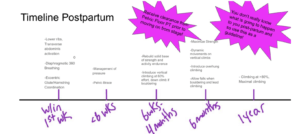
The initial six weeks postpartum typically follow a similar pattern for most individuals. However, after this period, various factors come into play, potentially altering this timeline. These factors include one’s prior climbing training history, engagement in climbing training during pregnancy, the method of delivery, and whether or not breastfeeding is practiced. While there’s currently no specific research outlining the exact timeline for returning to climbing postpartum, we can draw parallels from established guidelines for resuming physical activity, such as those for returning to running. Therefore, employing functional tests commonly used for runners is advisable when preparing to resume climbing activities. A Doctor of Physical Therapy is adept at administering these tests to assess your readiness for a safe progression in climbing. I recommend undergoing a screening by a Doctor of Physical Therapy after the initial six-week period to confirm your suitability for returning to climbing safely.
https://www.instagram.com/p/C5TZbcJrXe8/?utm_source=ig_web_copy_link&igsh=MzRlODBiNWFlZA==
Below are recommendations for the first 6 weeks postpartum.
https://www.youtube.com/shorts/AibSdut0mTk
https://www.youtube.com/shorts/IyIhFwAmmYQ
https://www.youtube.com/shorts/pVDGXAqTcV4
If you are past 6 weeks postpartum and feeling unsure of how to start getting on the wall, schedule an appointment today. You do not have to walk through this alone!
P.S. Don’t forget about Your Ideal Warm-up. Getting the right muscles to fire at the right time is critical.
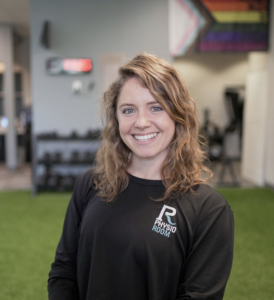

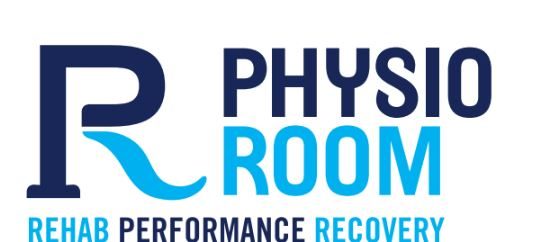
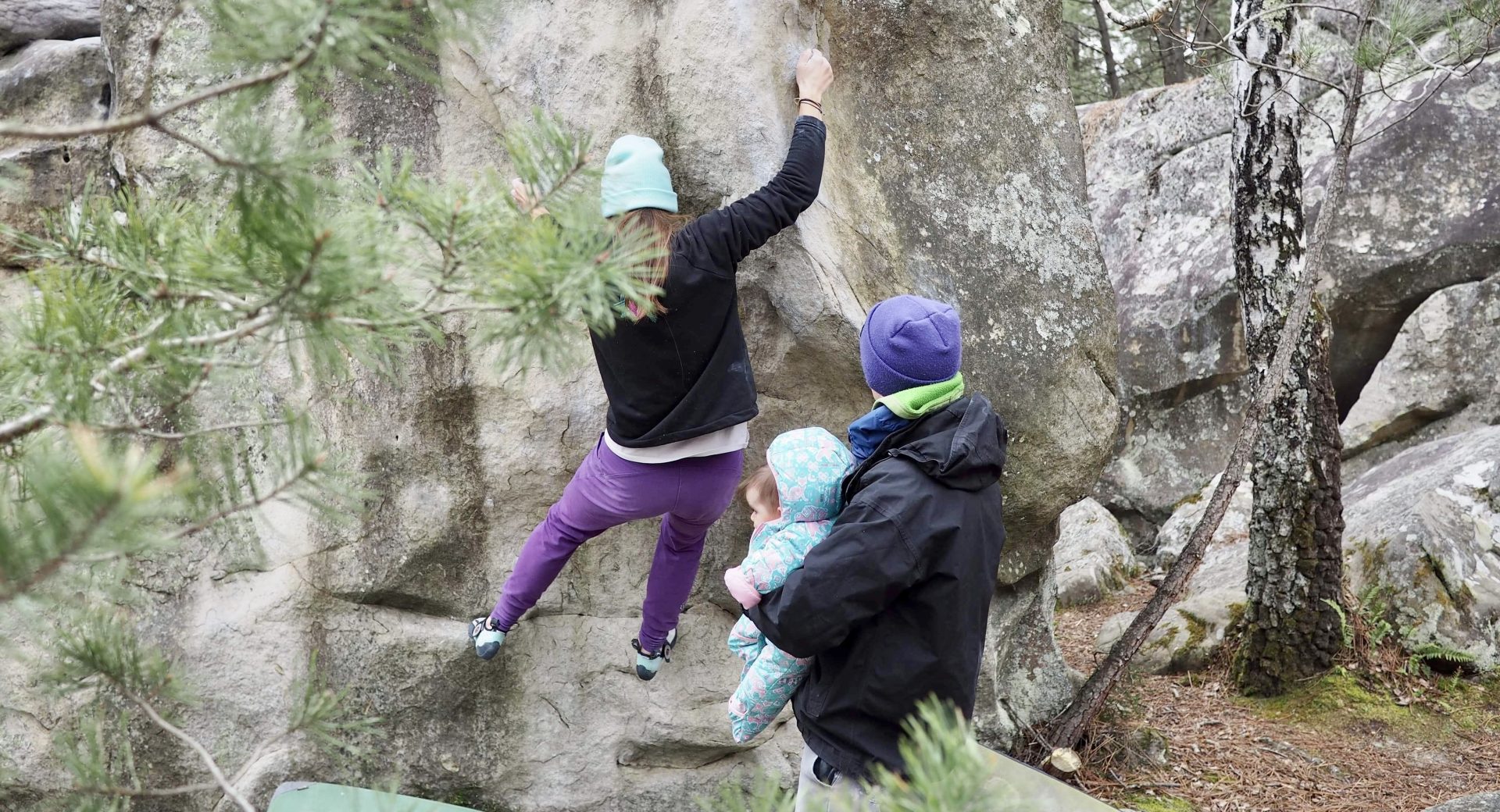
No responses yet